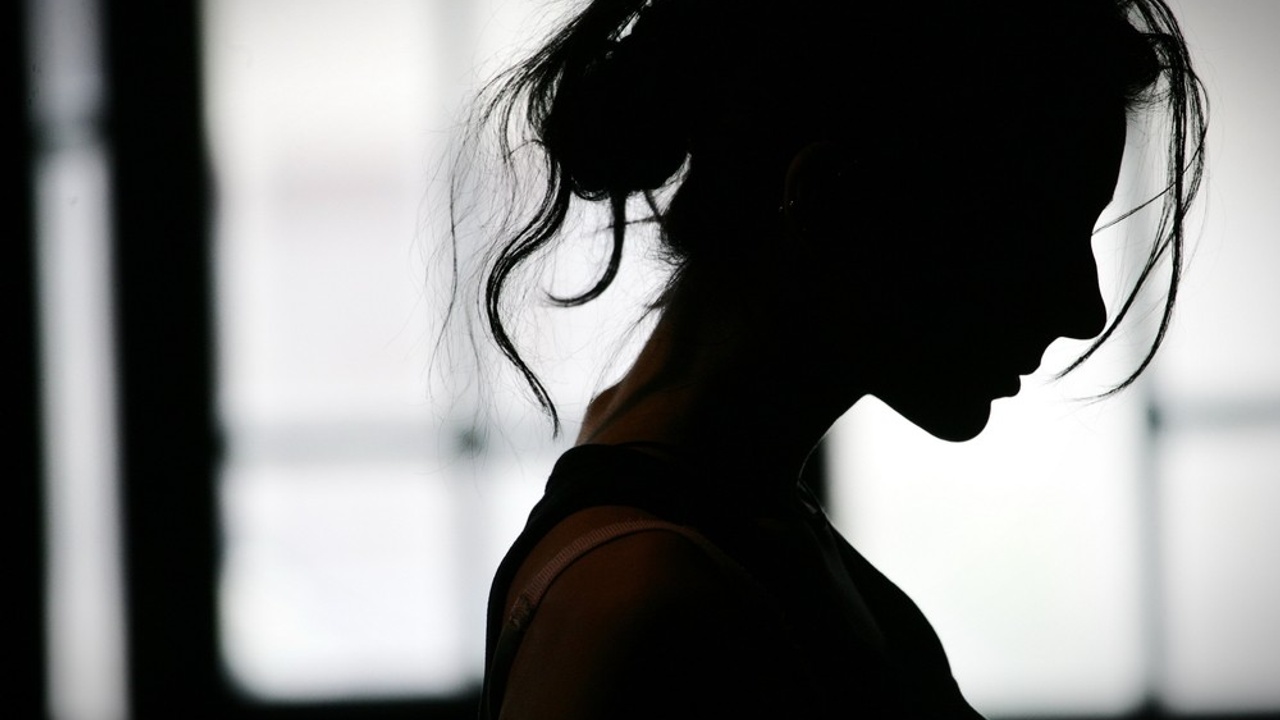Why Western Women Struggle the Most!

Book extract "From Invisible to Invincible" The
Natural Menopause Revolution.
It’s fascinating to look at how women from different cultures and races view menopause. All women go through this change. For some women, it's a time of dread, while for others it's a time to look forward to.
Your thoughts regarding this time of life can change your reality.
If you put energy into thinking something is wrong, it will most likely be bad. For many women, menopause is a time of celebration, a step-up the cultural ladder, a transition into being a wise woman. For others it’s the beginning of the end; a downward spiral into insignificance and death. Choose your thoughts wisely.
Different Ways Other Cultures View Menopause
Different cultures across the world view menopause differently. Not just the process, per se, but the very definition. In fact, some research has highlighted the complicated nature of menopausal studies due to differences between cultures—more specifically regarding the definition of menopause, reproductive histories, expression of symptoms and even beliefs within society.
It’s useful to highlight because it will help you recognise that across the world, our views, experiences and symptoms, may be different. While this period of our lives is inevitable, it’s important to respect each other as women; and that our culture, our histories, our beliefs and our symptoms are what makes this period of our lives sacred for each of us.
Let’s look at some examples:
- Aboriginal women look forward to menopause. For these women, it is a ‘step-up’ in society; a time of improved status and an opportunity to become a leader in their clan.
- Mayan (Mexican) women also look forward to increased freedom and improved status. These women have slightly earlier menopause, are relatively symptom-free and enjoy an improved sex life afterwards!
- Papago (Native Americans) don’t have a word for menopause. Perhaps the absence of a definition means this period of life assumes a more natural symptom-free approach?
- In Japan, the main symptom of menopause is a stiff shoulder, followed by headaches and muscle pain. Interestingly there isn’t a word in the Japanese language for hot flushes. The closest word in Japanese for the translation for menopause is ‘Konenki’, which is used to describe a positive transitional stage in life.
- Women from Hong Kong report similar issues as the Japanese, with muscle pain and joint problems as initial symptoms.
- Nigerian women also complain about muscle pain, but not hot flushes.
- Filipino women struggle with headaches.
- Lebanese women's biggest complaint is fatigue and mood swings.
- Indian women appear to experience few symptoms. This was demonstrated in a study of 483 Indian women who had stopped menstruating. These women did however experience positive social changes, including the opportunity to socialise with men, joke and drink homebrew.
- In Northern Thailand, the Meo tribe have a celebratory ritual to mark menopause.
- Pagan’s see this stage of life as the ‘crone’; a time for visibility, acceptance and celebration. It is a time to look forward to and considered a passageway to becoming the much anticipated ‘elder woman’. The elder women roles have a responsibility to be role models to other women. It is considered an honour and an achievement.
- Chinese call menopause ‘the second spring’ and view it as a positive stage of life.
- Across the world, there are also various rituals and ceremonies. For example, there is a modern-day ritual called ‘The Woman’s 14th Moon Ceremony’, that celebrates a woman on her ‘14th moon’. This means that the woman has gone through 13 full moons in one year without menstruating and is celebrated as an elder and wise woman.
The post-menopausal decades should be golden years to look forward to and enjoy. After all, the Chinese believe life begins at 60!
Western society needs to start changing our views on older women. We need to collectively stop devaluing older women and worshipping youth. Instead, it’s time to celebrate the ageing process and the new freedom this stage allows. After all, it wasn’t always like this. Have you ever heard an older woman being called a ‘hag’? In today’s society being called a hag is derogative, as it conjures up images of evil, vicious, malicious and ugly. It is interesting how words change their meaning over time. Hag has previously been a positive word, meaning wise women, teacher or fairy. In Irish and Scottish mythology, the hag was a goddess linked with creations, harvest, weather and sovereignty. But it’s not just our words that have changed, it’s our perceived value as well. Just as once we relied on our wise women to lead to way, we now cut them down. This must stop. Our knowledge and experience are just too valuable. But the change needs to start with us. When you look in the window who do you see? We can’t expect the world to love us if we don’t love and value ourselves.


